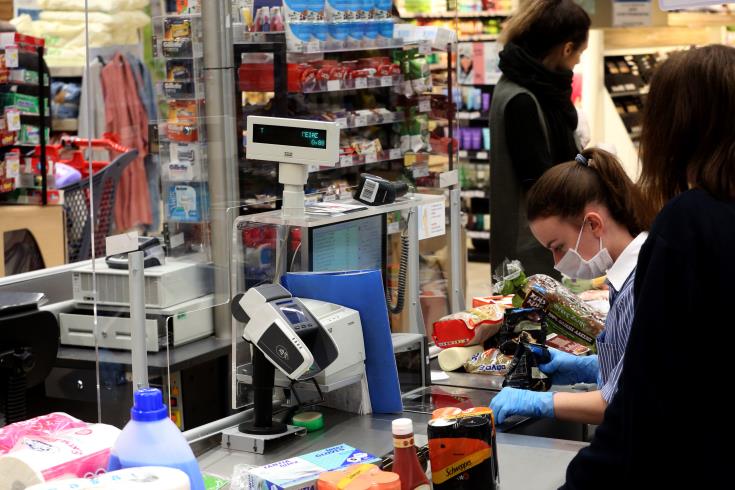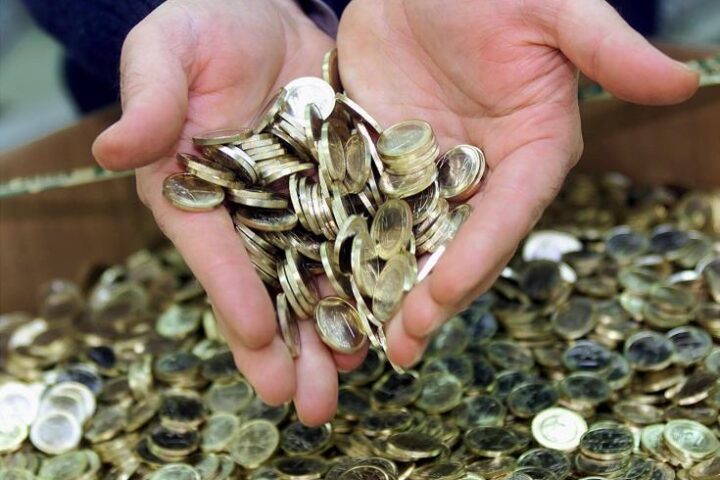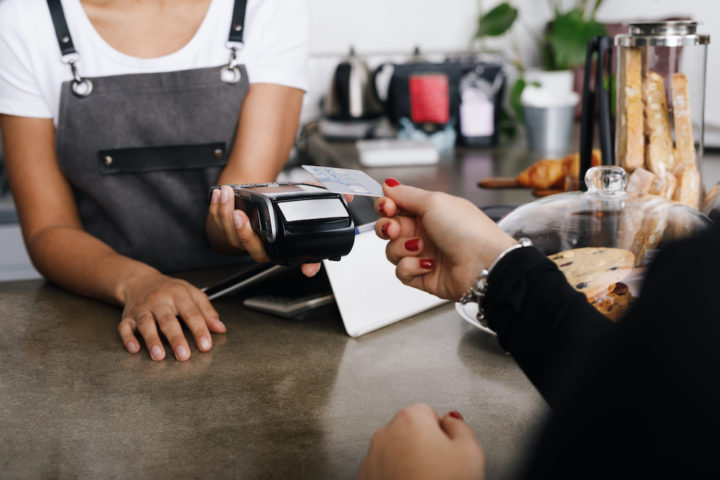With higher prices at supermarkets and petrol pumps, Cypriot consumers are changing their shopping habits, limiting their spending to essential items, say retailers.
In May, the Statistical Service said Cyprus saw its highest inflation rate in 40 years, equalling the 9.1% registered in February 1982.
The highest inflation rate Cyprus endured was 10.8% in 1981.
The news comes as the European Union announced a new set of sanctions on Russia for invading Ukraine, including a ban on 90% of Russia’s oil exports, rubber-stamped by Brussels earlier this week.
In May, inflation jumped to 9.1% from 8.8% in April and 7.13% in March.
The biggest price changes were in electricity (+40.9%), petroleum (+37%) and agricultural products (+10.9%).
Hiking prices have made consumers more cautious when heading to supermarkets, while retailers also report a downward trend in sales.
In comments to the Financial Mirror, executive secretary of the Pancyprian Supermarkets Association, Andreas Hadjiadamou, said that supermarkets see customers make more frequent stops but carry a smaller basket.
“The supermarket sector is the only one where competition operates smoothly.
“We see people coming in with offer brochures and shopping lists with items sold at a discounted price.
“In supermarkets, where people come to buy the essentials and foodstuffs, we have mostly witnessed people reserved due to the overall downfall in the consumer psyche,” noted Hadjiadamou.
He said when people go shopping just after stopping at a petrol station for fuel, “it’s only normal that they will be more reluctant to buy the extra item that’s not on their shopping list”.
The general secretary of the Cyprus Retailers Association, Marios Antoniou, said that retailers have noticed that households are not shopping for new clothes or other luxury items like electronics.
“This reminds us of the era following the 2013 crisis, but we would not go as far as to say that consumers have drastically cut down on grocery shopping,” said Antoniou.
“The imposed bailout package by international lenders had an expiration date.
“Unfortunately, today’s crisis, created entirely by external factors, mainly the war in Ukraine, does not have an expiration date.
“We can’t know when this crisis will end and how.”
The reduced demand for consumer goods is also highlighted by data recently announced by the Statistical Service.
The Retail Turnover Volume Index decreased in April by 1.9% compared to the same month last year. In March, the decrease was 1.1%.
Regarding the cost of living measures announced by the government, Antoniou said the European Commission should adopt a single policy for all Member States.
“I personally believe that the government’s measures are rightly aimed at vulnerable groups, but I would also expect to see a VAT reduction on basic consumer items such as milk and bread, diapers and toilet paper.”
In comments to the Financial Mirror, President of the Cyprus Consumers Union and Quality of Life, Loucas Aristodemou, said fuel companies are unjustifiably pushing prices up.
He said households are avoiding filling up their cars, “many people are going to the pump with just a five or a ten euros in their hand”.
Aristodemou believes fuel companies are being encouraged by the government turning a blind eye to their “cartel”.
Petrolina has increased prices again on Friday, adding nine cents per litre to 95 Octane petrol, eight cents on 98-octane petrol, and six cents on diesel.
According to the Commerce Ministry’s Consumer Protection Department, the average price of 95 Octane petrol on Friday was €1.747 per litre, for 98 Octane €1.799 and Diesel €1.83.
Cypriots kept their vehicles parked longer in April and consumed less fuel in March.
Some 23,753 tonnes of unleaded petrol went into Cypriot vehicles in April, compared to 24,969 tonnes in the previous month, recording a decrease of 5.1%.
Some 20,297 tonnes of diesel fuel were sold in April compared to 23,206 tonnes in April 2021, recording a decrease of 12.5%.
Compared to March’s consumption of 21,806 tonnes, diesel fuel sales dropped by 6.92% in April.
Responding to hiking prices and inflation, the government decided to keep a reduced consumer tax on fuel until August.
Last week, petrol station owners warned that Cypriot motorists are in for a financial jolt as pump prices will hit €2 per litre with consumer groups screaming profiteering.
s










